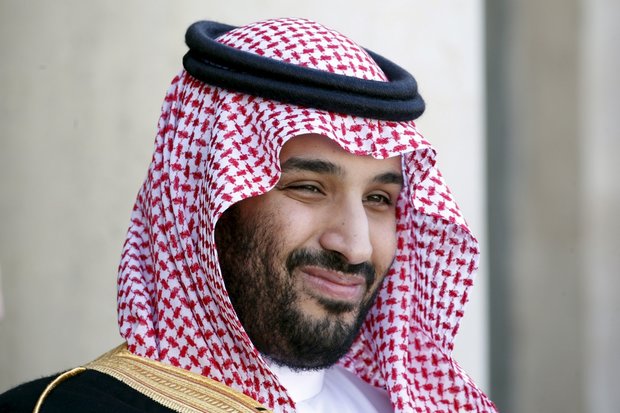Theresa May is expected to welcome Saudi Arabia’s crown prince Mohammed bin Salman, the country’s de facto ruler, to Downing Street in the coming weeks. The 32-year-old is now in control of a kingdom where flogging, torturing and not electing a central government are seen as building blocks of society. Little wonder there’s already a campaign to stop him from coming. The crown prince has sold himself as a liberal reformer who has allowed women to drive, watch football matches and sing on stage. These are welcome but tiny steps forward in a nation where women cannot marry, divorce, travel, get a job or have surgery without male permission.
As leader of her country, Mrs. May must hope to use the power of her nation as a force for good. The temptation will be for the prime minister, when she meets the crown prince, not to serve anything other than self-interest. Dispiritingly it has been reported that City rules are being bent to secure the flotation of a $100bn slice of Saudi Arabia’s national oil company. The war in Yemen, which was the brainchild of the crown prince, is now the world’s worst man-made humanitarian crisis. It is one where, shamefully, British arms and British servicemen are providing support to prolong the war and increase civilian suffering. British arms sales to Saudi Arabia are running at £200m a month, something that seems to weigh on Mrs. May’s mind more than the deaths of children in faraway places.
Britain should not trade away its principles and values. The crown prince’s anti-corruption crackdown is clearly less about graft than a purge of royal rivals. The ruthless consolidation of power highlights the Saudi regime’s intolerance for dissent. The report by Ken Macdonald QC, a former DPP, and another leading human rights barrister into a wave of arbitrary disappearances of human rights activists, political dissidents and clerics in Saudi Arabia ought to be required reading in Downing Street. Britain and Saudi Arabia both sit on the UN human rights council. The latter’s human rights record is being reviewed by the council this year. Within that context, Mrs. May should raise the issue of freedom of expression with the crown prince, even if the lecturing grates.
YNG/ PR

























Your Comment